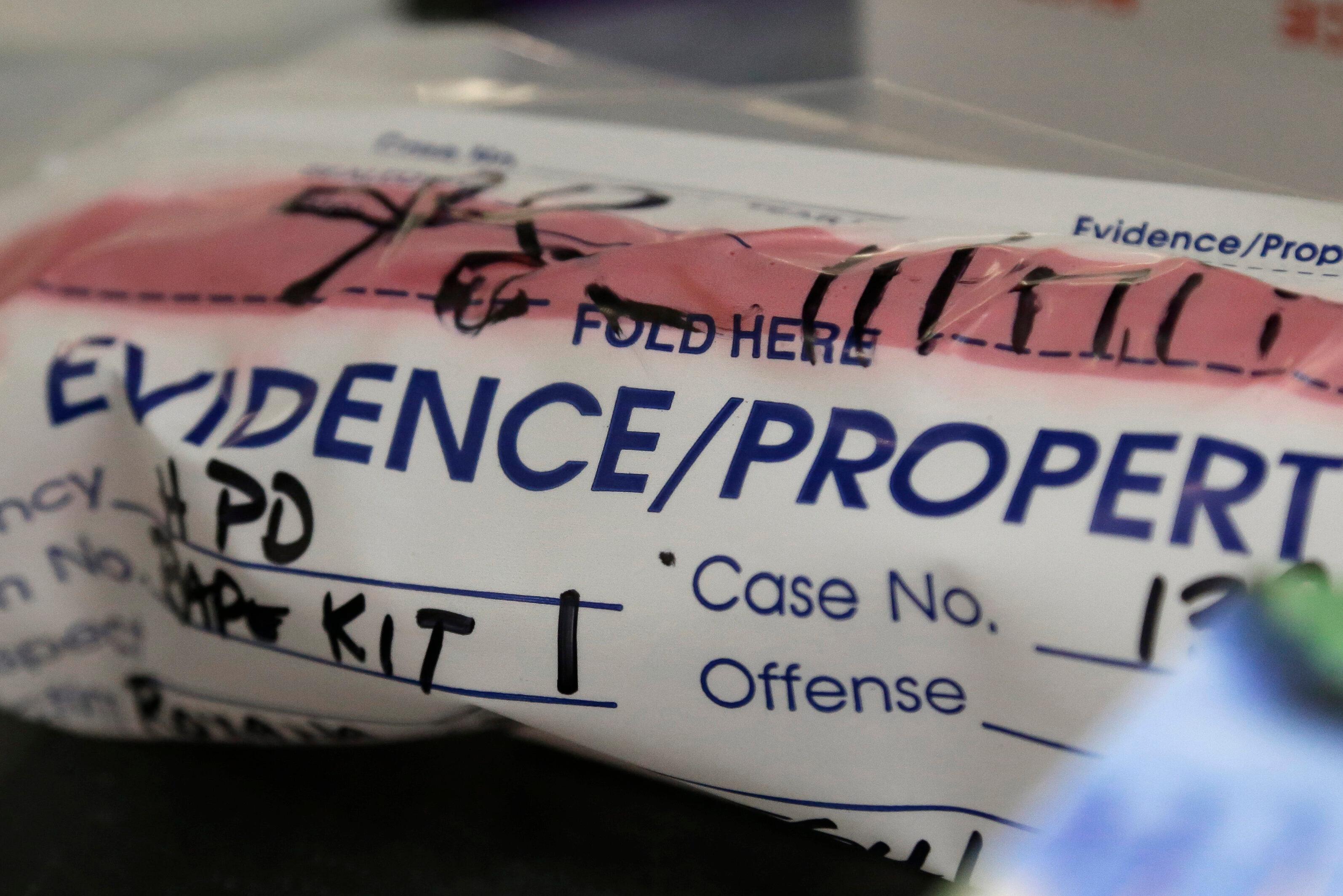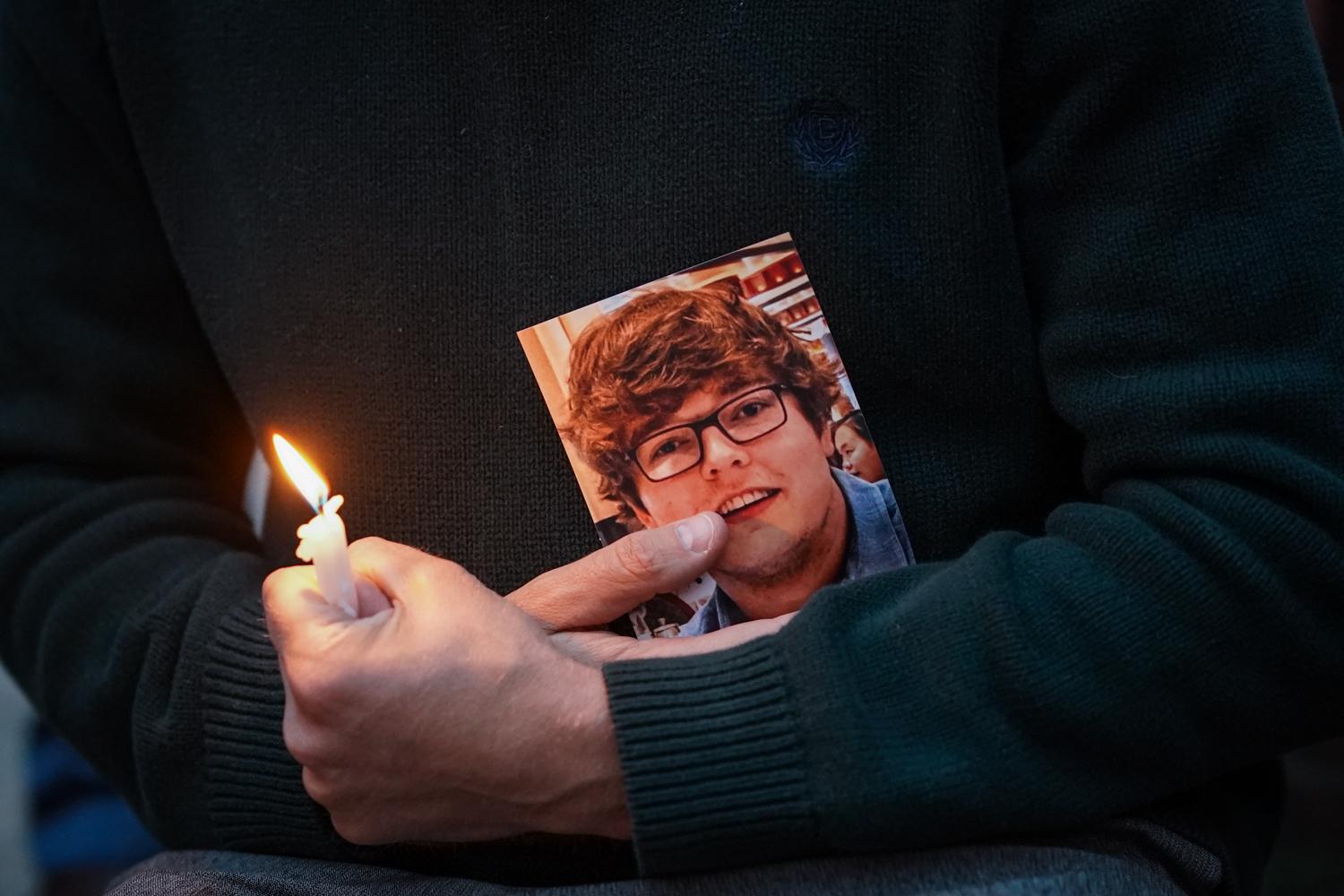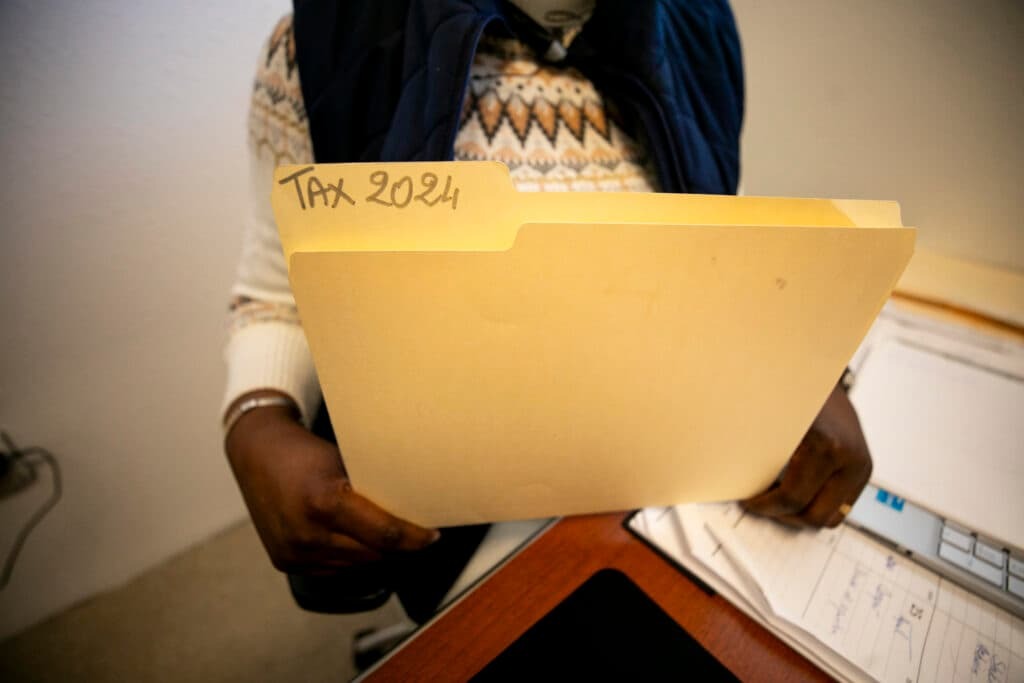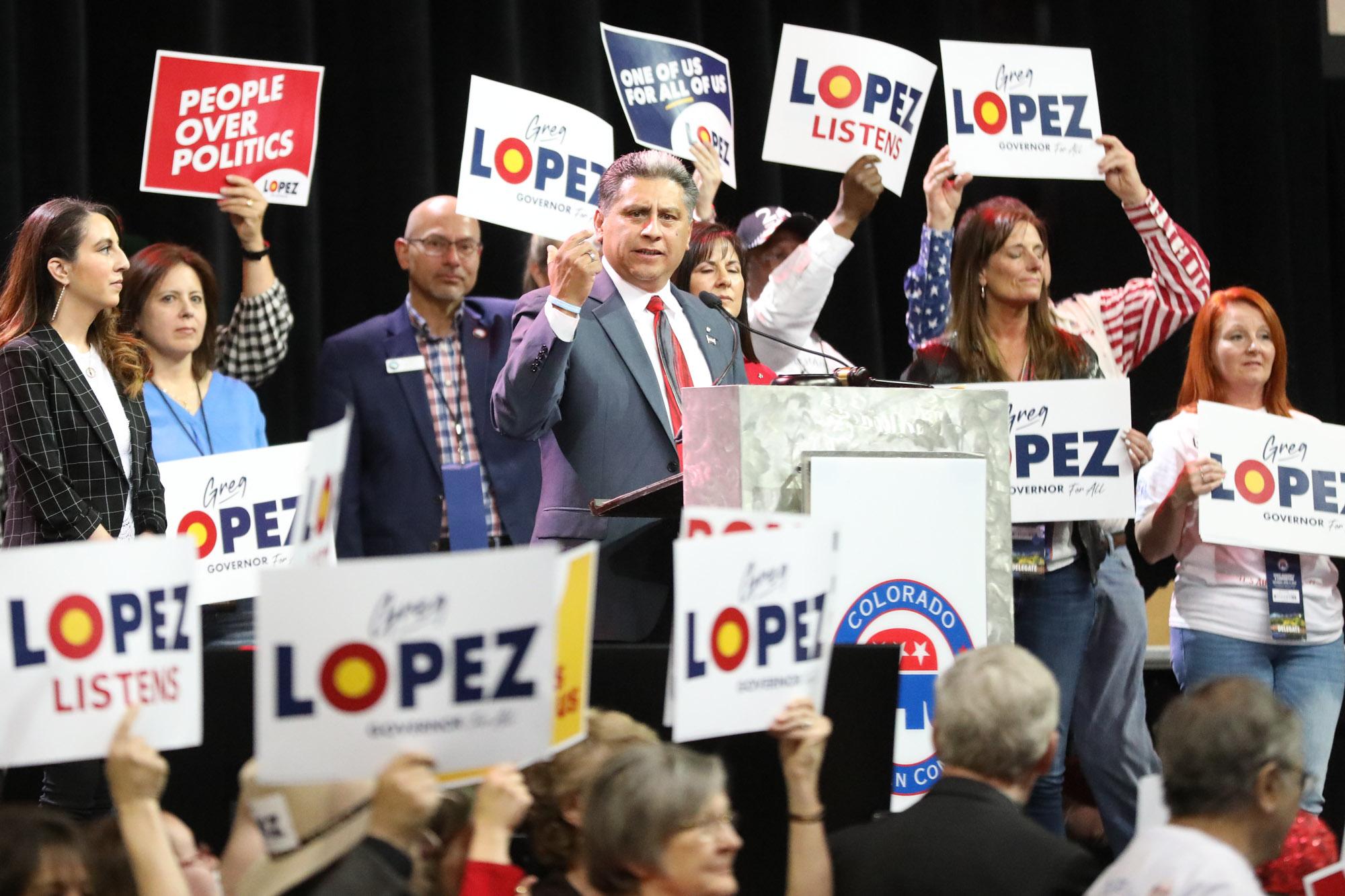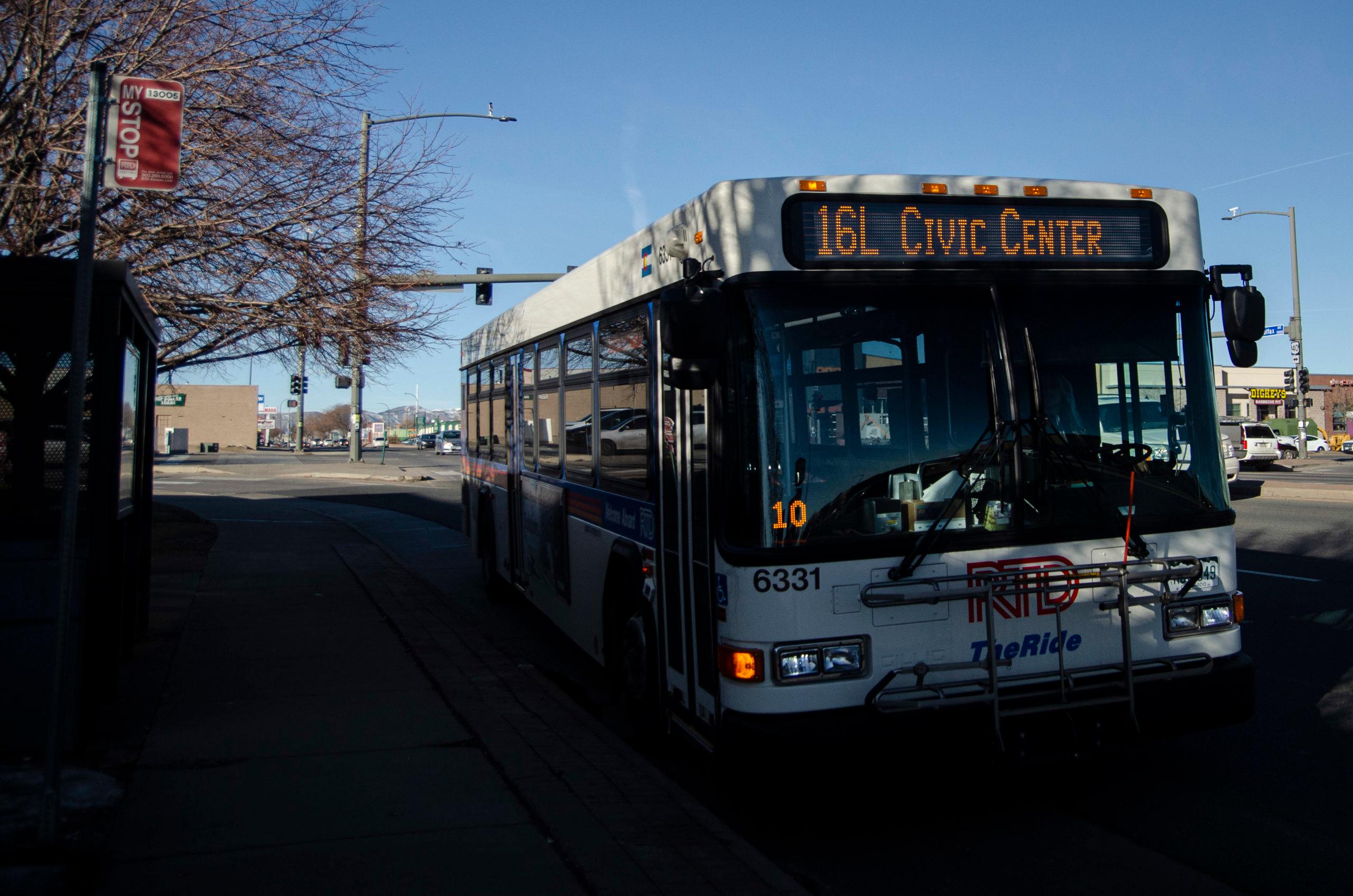
The Regional Transportation District on Thursday proposed cutting six bus routes, reducing service on 19 bus routes, suspending special buses for sporting and community events, and curtailing service on three of its light rail lines.
The agency hopes those reductions are enough to give their operators a needed break. Because of a driver shortage, they’ve been required to work overtime for the last four years to keep service levels up. That in turn has led to more turnover, and, in October, senior staff told the RTD board they wanted to make “significant” cuts to service in a last-ditch bid to fix the problem.
“Clearly, we would rather not be doing any of this,” spokeswoman Pauletta Tonilas said at a press briefing Thursday. “But this is our responsibility; we're owning this. Some of these are going to be painful."
The agency is currently short about 80 bus drivers and 60 light rail operators; it needs 1,084 and 216 of each, respectively. RTD says the cuts to regularly scheduled service alone would reduce the need for 44 bus drivers and six light rail operators on a given weekday. The suspension of special service buses — which include BuffRide, BroncosRide and RunRide on Memorial Day Weekend — would mean anywhere from six to 114 fewer drivers would need to report to work.
The 16L on West Colfax, the 55 in Arvada, the 99L in Lakewood and Littleton, the 157 to the Community College of Aurora and Buckley Airforce Base, the 236 in Boulder and the 403 in Highlands Ranch, would be cut completely. This map shows which regular bus and light rail routes would be affected by the cuts.
Peak frequency on the 16th Street MallRide would drop to three minutes and the D Line from downtown Denver to Littleton would no longer operate on weekends. Only part of the R Line would see reductions because the federal government, which funded part of the line, turned down RTD’s request to reduce service in Lone Tree.
Service on the 16 would be expanded, as would weekend service on the D Line’s cousin, the C Line. Many 16L riders will likely migrate to the nearby W light rail line.
But on a recent morning, some said they’ll have to switch to the 16 local. Solomon Joseph, who said he takes his kids to school Lakewood on the 16L every day, said the local bus will add at least another 15 minutes each way — and more if he misses his connection.
"RTD, you're going to make a big mistake if you cut this route,” he said. “Because there are people more than just myself that ride it on a regular, daily basis and depend on it."
Carla Respects Nothing said she takes the 16L from her home on the west side to her job in downtown Denver every day.
"I takes me not even 10 minutes to get to work. I'm lucky,” she said. "I just hope they don't cut it because we really need these limiteds to get where we are going faster."
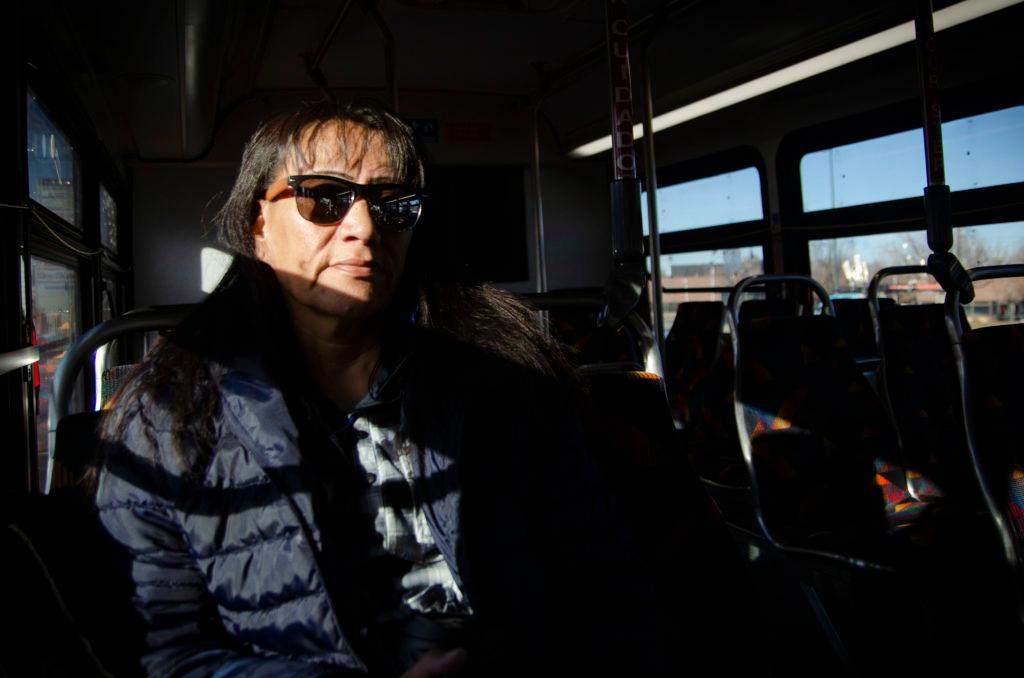
And it also appears that cuts could affect future users of RTD’s paratransit service, Access-A-Ride. Anyone who lives within a 3/4-mile radius and has a qualifying disability is entitled to use the service. Advocates had worried the cuts would affect their communities, but in November, outgoing General Manager Dave Genova told the board that “We don't need to touch Access-a-Ride.”
But now, RTD says no new customers will be added to the program if routes are eliminated in their area.
"I have issue with that," said Jaime Lewis, a transit adviser with the Colorado Cross Disability Coalition who attended the press conference. "I can see the scenario where if somebody obtains a disability, that their neighbor is going to have access to Access-A-Ride and they won't. That proposes an issue with our community."
Additionally, what were originally advertised at “temporary” cuts now contain a caveat that poorly performing service will likely not be reinstated. RTD staff say those services likely would’ve been cut through the agency’s routine service changes.
At a special board meeting Thursday evening, several directors said they'd like to know which specific lines are unlikely to come back. Staff said they couldn't say at the moment.
Overall, RTD says 1,049 out of 10,102 daily bus trips would be affected, along with 420 out of 1,036 light rail trips. Two board members estimated that added up to about 5 percent of RTD's services, though staff did not corroborate that assessment.
"I think this is a good start. I think we don't want to go too far," said RTD COO Michael Ford. "We want to stabilize the system, and we don't want to cut it so much where we're impacting the system in a negative way."
Even if the board approves the cuts, RTD says they will not amount to enough to completely eliminate the need for forced overtime. As the process moves forward, public meetings will be held in January and February in each of the 15 districts that make up RTD. The final plan would likely be in front of the board in March and would go into effect in May.
If the plan is a success and RTD is able to add and retain more drivers, well-performing routes that were dropped would then be considered for reinstatement.

